Issue 02 / Human Futures
Alternate Economies
How we stop letting a money-based economy control every aspect of our lives.
AlternateEconomies
Lately, when we hear the word "economic," it's often followed by the word "crisis."
We’re all feeling the forces of the economy: It dominates the headlines, provokes either fear or hope, and, quite often, stokes a sense of powerlessness. It feels like the economy is simply something that happens to us—that it’s just a gargantuan, incomprehensible system that we have to live within.
It makes us ask—is this something I can live through? How can I manage the shit‑sandwich I’ve been served?
This isn’t a piece about hating on the invisible hand of capitalism—though there is certainly much wrong with it, especially as it's currently defined. This isn't about gig economies, microeconomics or even voodoo economics. This is about creating a future where there are many ways to exchange value that are not based on the dollar—but instead upon individual choices and connections. It's about how you interact and exchange value with one another.
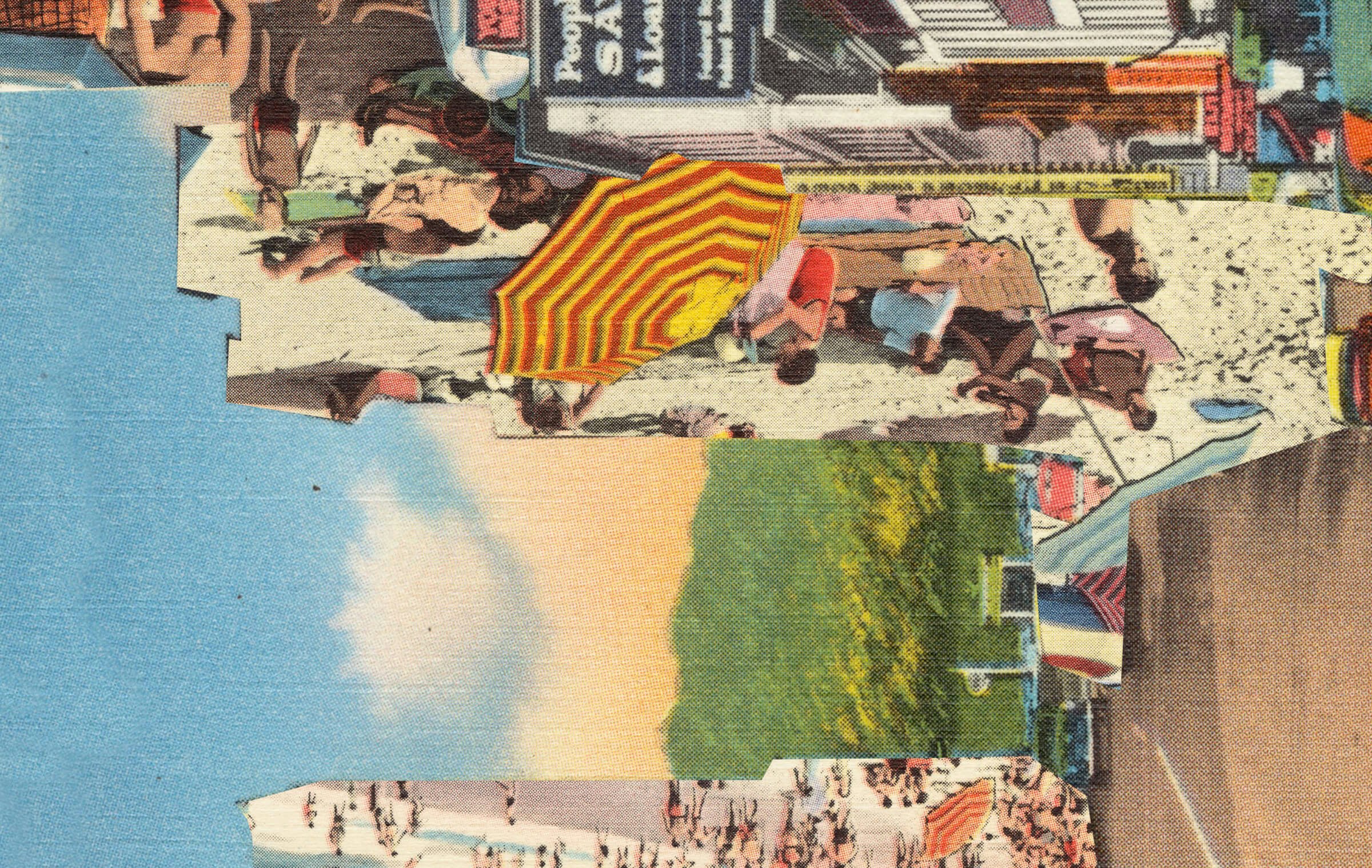

There is a hard and fast truth about the pandemic-stricken world: It’s giving us an unparalleled opportunity to assess our ways of living, and to question the very systems that act as the undercurrent of our day-to-day motions. We’re examining what we can control, and realizing what’s out of our hands. We’re also thinking more about what we truly value.
The reality is that we can change more about our day-to-day lives through our actions than we may think—especially since we are (more or less) all having an inflection moment together, at the same time.
This is true for the economies that we engage in. Maybe not the “economy” in the traditional sense—the Fed and the Treasury and corporate America will continue to chugalug. But what if there were ways to participate in capitalism as you need, while engaging in other economies that you'd prefer? What if you could create different economies based on your personal values? Well, there are. We just haven't fully explored their potential yet.
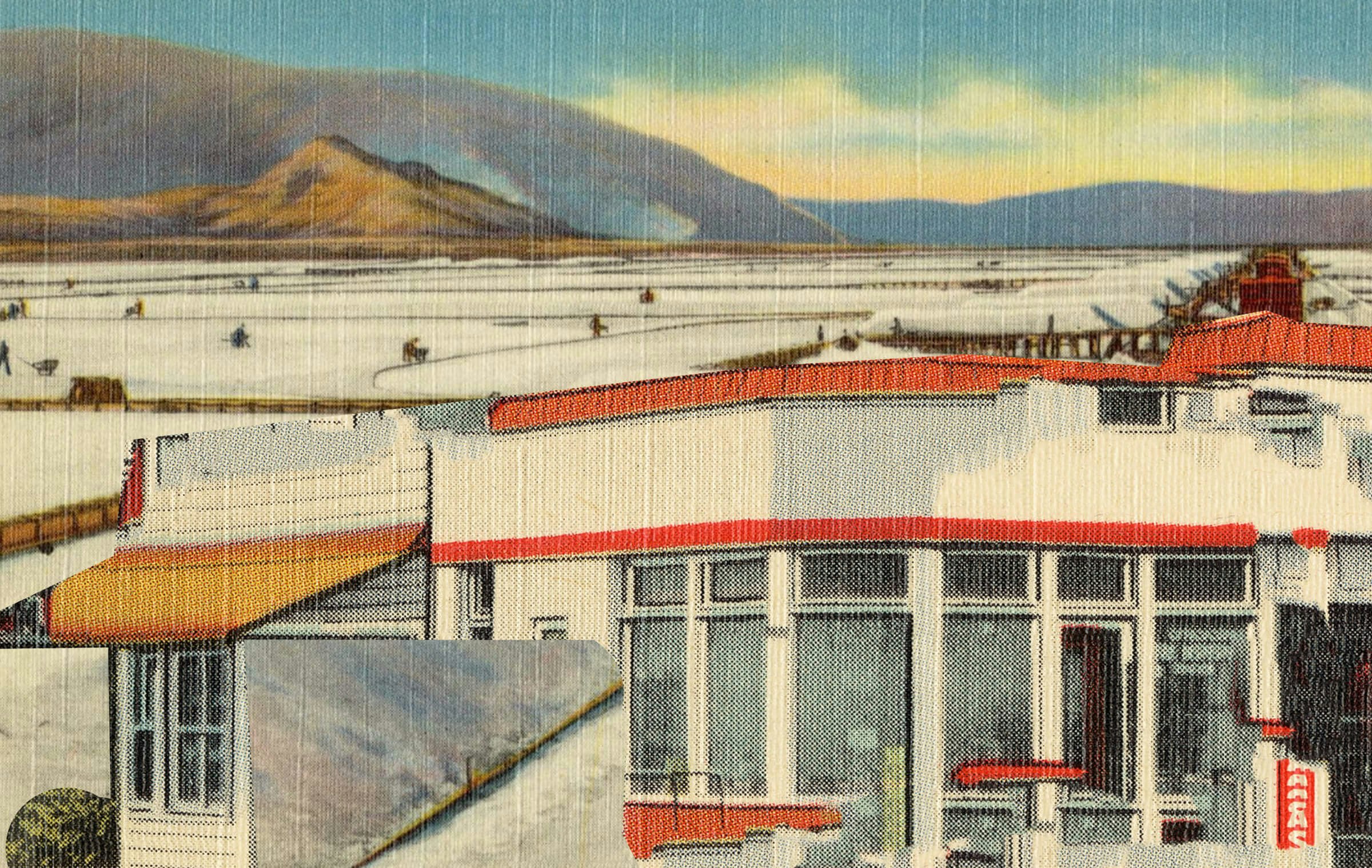
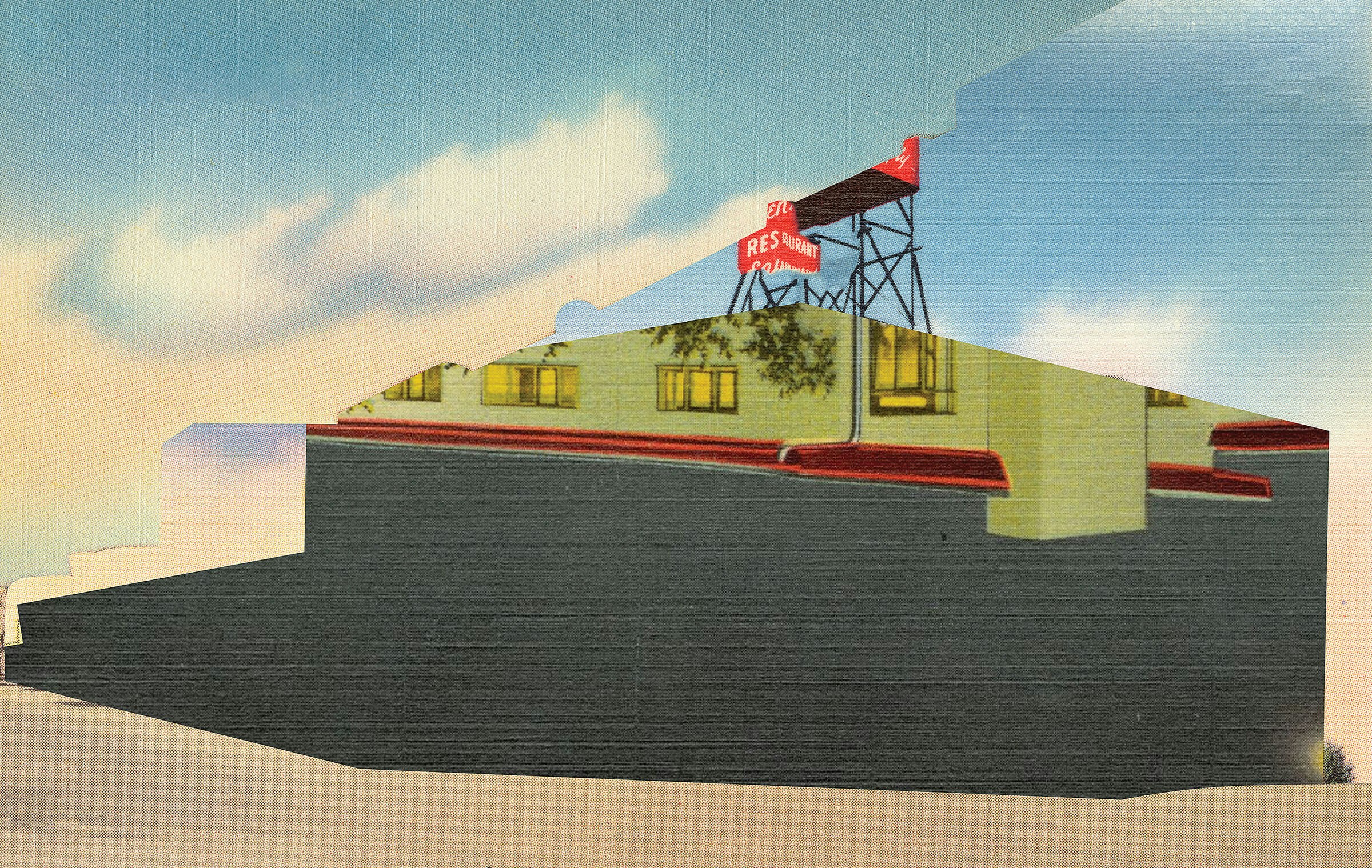
So what can we learn by exploring these value-based economies?
Here’s how we’ve been thinking about it. We started with 3 values that likely every person has, then asked a simple question: If this is the value I have, what is tangibly representative of it? How does that value come to life? How would I exchange it and how would I get more of it?
We started with some simple ones—which, we might argue, we need to value now more than ever:
For each, we worked through a very easy-to-understand value exchange. And what you’ll quickly see is that there are many secondary benefits that go beyond the initial exchange; when you extend transactions outside the realm of the dollar, your transactions become less, well, transactional.
Well-being
How do we infuse purpose into our lives? You can buy all the tinctures, charcoal-infused beverages, and spa retreats that you want, but if you don't have meaning, you won't have well-being.
Well-being comes from a sense of connection to ourselves, to our community, and to each other. Right now, capitalism and the money economy are based off symbolic transactions, not human connections. An economy that values well-being searches for and rewards actions that bring us an abundance of happiness and joy. It is an ecosystem of symbiotic connections from the self to the community. Time spent on others is time regained on yourself, and a well-being economy gives people a sense of purpose. Currently, important jobs that deeply benefit the well-being of members in a society, such as caring for children or rebuilding neighborhoods, aren't being recognized by a money-based economy.

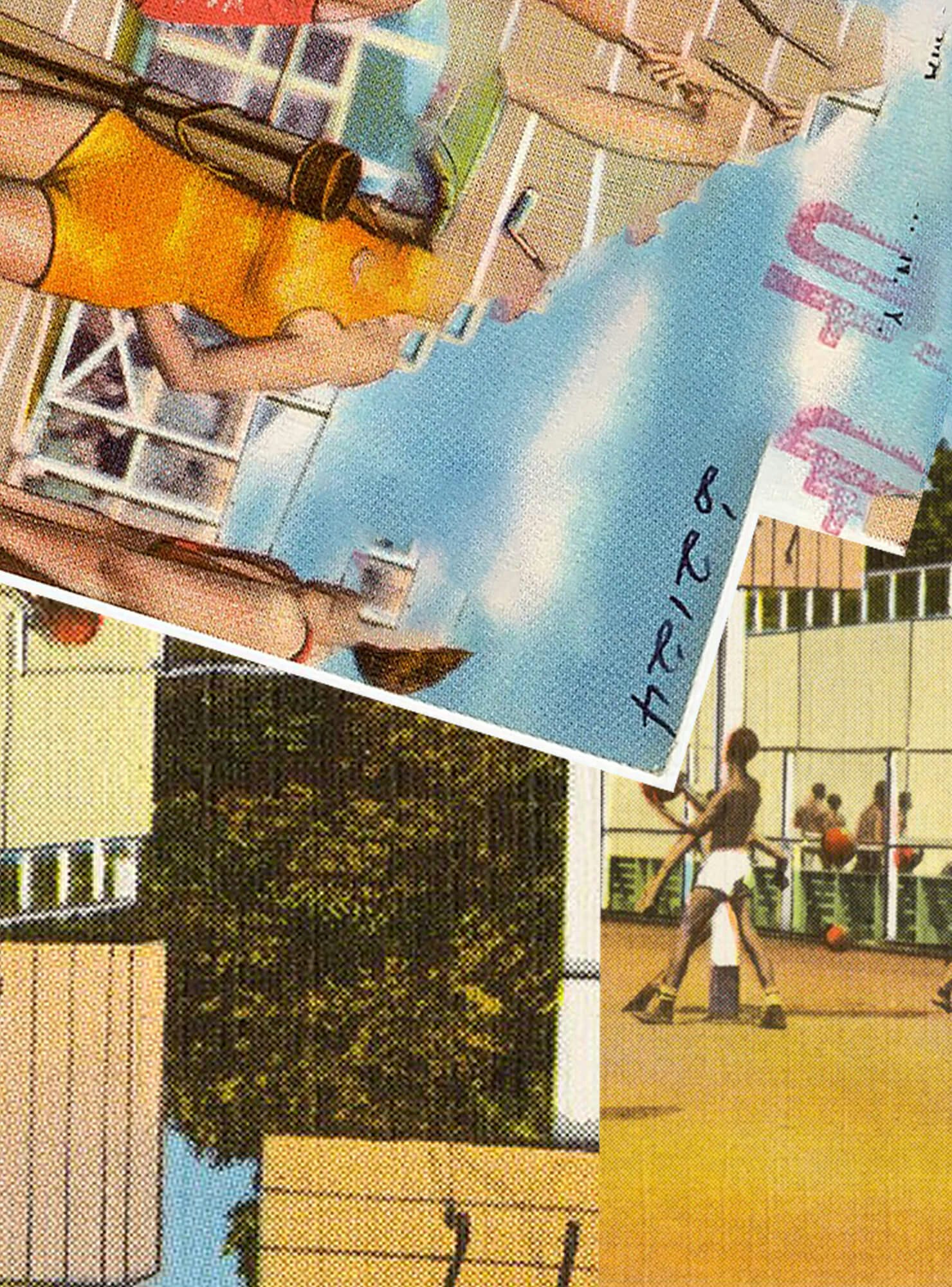
The Model
Creating time-issued "service credits" would value people's skills and put them to work in exchanging with those around them. This results in a reward-based system in which neighborhoods (people and communities) swap time for services they truly need and that benefit the entire community. Putting value on the things money can't buy puts emphasis on a system larger than yourself, empowering everyone to feel useful (and emphasizing that human connection is life). The feeling of making a difference in someone's life is more valuable than anything. This idea of service exchange is not new for many cultures, not now or even historically, but it's definitely something we've lost sight of in the rat race of modern western life, where everything has taken on a monetary price.

Longevity
The desire for "something more" and "something new" has fueled our economy. For many, craftsmanship and maintenance have given way to fast-fashion and instant gratification. Obviously, we're experiencing the limitations of this. And business is course-correcting, though it's hard to say if the moves are fast enough. So what can we do now? We can shift our thinking away from acquiring and consuming to maintaining and regenerating.
In an economy that values longevity, we would create things that last a long time. A symbol of success would be to not buy new things. A maker's or manufacturer's relationship with a good wouldn't end once it's shipped to the consumer. They would continue to have an ongoing relationship with the goods they introduce to the market by playing a craftsman role in the repair and maintenance of their products. New value would be placed on a local repair person who can maintain without replacing.

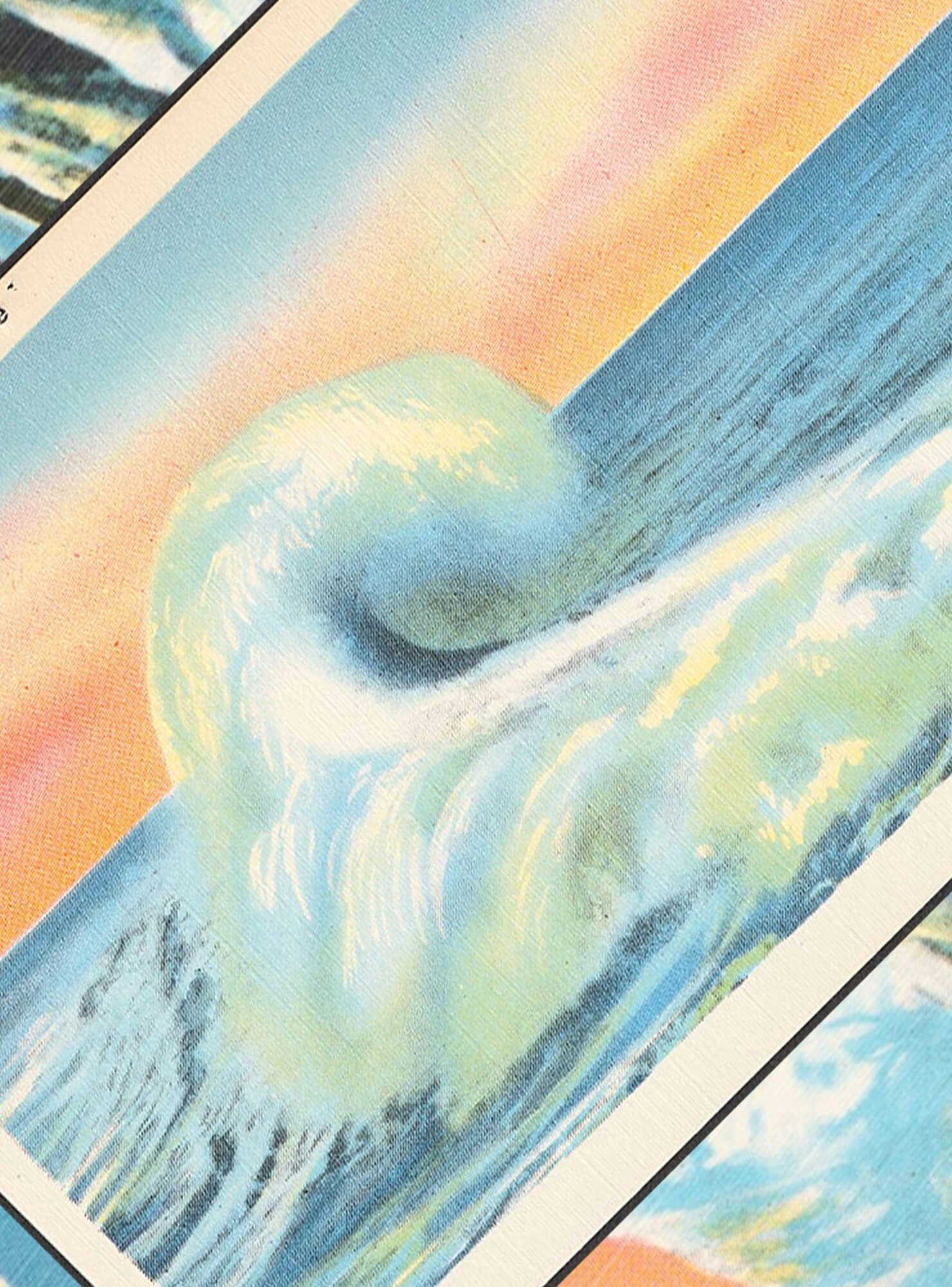
The Model
A system based on stewardship, not ownership. The things we have would have value beyond just our ownership of them. How would we treat the items we use if we didn't own them, but were just their current stewards? If you were borrowing a neighbor's tool, how would you treat it? If we viewed ourselves as stewards of the homes we live in for future generations rather than owners, would you invest in a trendy fast-fashion light fixture or maintain the legacy craftsman fixtures that are original to the home?
There are already a number of services that allow you share your stuff. In fact, Zeus Jones won a contest in our early years at SXSW that was rooted in the idea of community pooling. But sharing feels unsexy and, uh, a little granola. So how do we show people the value of sharing and cooperation? Both the connections we'd forge but also the long-term impact they'd create—if it was repositioned as something that was desirable and aspirational? Uber normalized ride-sharing, commercialized it, and made it a cool default. How can we do the same, but root the exchange not in monetary compensation, but a continued ethos of cooperation and giving?

Solidarity
An economy that values solidarity prioritizes listening, understanding, and a unified ambition. This economy seeks to nurture and reward those who foster reciprocity, altruism, and love. This means we need to prioritize shared values and perhaps an ever-changing ownership structure—the common good and the environment must be prioritized over self-interest and the agency of the individual. With these values at hand, materialism and mindless consumerism will give way to a culture that grants priority to family and personal relationships, new voices and perspectives, and cooperation and respect for the natural world.
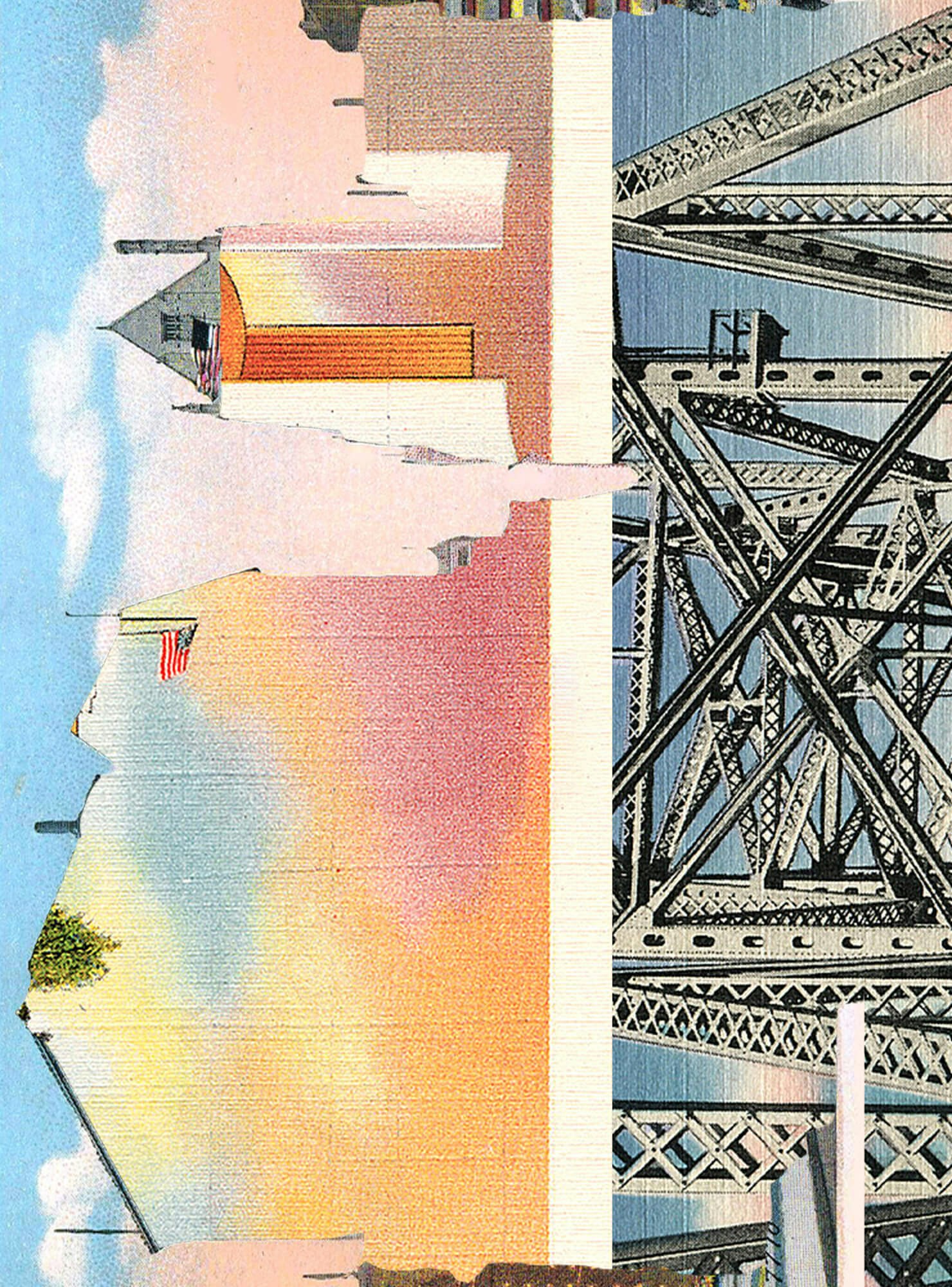

The Model
We need more intermediary enterprises that act as both collectives and idea clearinghouses. Yes, they're gate-keepers, but living in a "fake news" world, we can all see the value in badging and double-checking. This is an idea that plays off of what tech philosopher Jaron Lanier has popularized and coined "Mids." These are groups of people who have shared values, shared perspectives, and a shared ambition. In his vision of Mids, the point is about gaining bargaining power over your data. But the idea can be extended in many ways. These Mids can essentially be a brand that operates as an idea and movement clearinghouse: a platform for cooperation and solidarity against a unified ambition. The premise plays on a simple principle: the bigger and louder your collective, the larger your bargaining power becomes. In an era of monopolization and gigantic conglomerates, we need solidarity. The benefits would be numerous: Mids can operate as idea exchanges (not driven by algorithms, monetary profit, or a sense of opposition) and act as collaborative way-finding rooted in action. It's true that social movements on many platforms create awareness—but they've also become a haven for toxic or misleading ideas. Mids could be one way we get beyond the fallacy of cancel culture, social media-based signaling, and identity performance. Instead we should create large collectives not rooted in algorithms, but based on tangible action toward a shared ambition.
At the same time, broader societal ills — runaway consumer culture, stagnant social and economic mobility, seemingly irrevocable cultural rifts — are evidence of how solidarity-starved we've become. We've been sold a narrative that each of us is a movie star, deserving of every luxury and whim we could possibly want — and, in exchange, we'd just have to surrender our connections to each other, whether through a workers' union, community identity or social movement. We'd make every moment about me, no matter how profane it might look. We'd remove others from the script, except to make our own story richer. But, looking around us today, did we actually get anything out of the deal?
In a solidarity model, we recognize that the movie is not about "me," but "us." We protect the progress of our neighbors, families, and coworkers, perhaps at our own expense or inconvenience. We'd recognize the growth of solidarity and progress over months and years, not by daily accumulations or trades. Yes, this is nothing new — extreme inequality in the late 1800s drove social and labor reforms of the 1920s and beyond — but it can't help but feel like we're at the top of the rollercoaster again, waiting for everything to drop. And the rebuilding out of those crises — more aligned to social guardrails, a safety net and protecting each other when in danger — will inspire us to be less callous in our relationships.

How it Starts
Don’t cut up your credit cards just yet. Changing our value systems won’t happen overnight, or even in a generation. But adding more alternate-value transactions into your daily life is a good place to start. Find a way to express your desire for longevity, well-being or solidarity—in your family, community or workplace. If those values don’t sing to you, define something that does. Capitalism is just a habit—and like any habit, it feels impossible to break. But small changes, repeated over time, form a new one. And from there, the sky’s the limit.
Contributors
In collaboration with
- Jack Samels
Want to talk more about how your organization might adapt to alternate forms of value exchange?